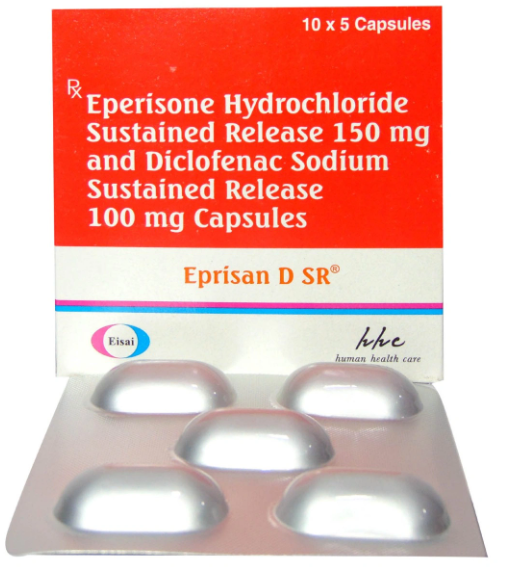lenvima
Introduction to lenvima
Lenvima, known by its generic name Lenvatinib, is primarily used in the form of oral capsules to treat certain types of cancer. Lenvima is effective in managing conditions such as thyroid cancer and renal cell carcinoma by slowing down the growth and spread of tumors.
Composition of lenvima
Lenvima contains the active ingredient Lenvatinib, which works by inhibiting proteins that promote cancer cell growth and proliferation. This targeted action helps in controlling the progression of cancer.
Uses of lenvima
- Treatment of thyroid cancer
- Management of renal cell carcinoma
- Slowing tumor growth and spread
Side effects of lenvima
- Common side effects: High blood pressure, fatigue, diarrhea
- Serious side effects: Liver problems, heart issues, severe hypertension
Precautions of lenvima
Patients taking Lenvima should be aware of the increased risk of high blood pressure, liver, and heart problems. It is not recommended for individuals with severe liver impairment. Pregnant women should avoid Lenvima due to potential harm to the unborn baby. Always consult your doctor and report any unusual symptoms immediately.
How to Take lenvima
Lenvima is typically taken as a 24 mg dose once daily, at the same time each day, with or without food. The capsules should be swallowed whole, not crushed or chewed. Your doctor may adjust the dosage based on your response and any side effects experienced.
Conclusion of lenvima
Lenvima, containing the active ingredient Lenvatinib, belongs to the therapeutic class of cancer treatments. It is manufactured to manage thyroid cancer and renal cell carcinoma effectively. Key highlights include its ability to slow tumor growth and its specific action on cancer cell proteins. Always follow your healthcare provider's instructions when using Lenvima.

Similar Medicines
More medicines by Eisai Pharmaceuticals India Pvt Ltd
Available in 2 variations

Lenvima 10mg Capsule
strip of 10 capsules

Lenvima 4mg Capsule
strip of 10 capsules
Disclaimer : This information is not a substitute for medical advice. Consult your healthcare provider before making any changes to your treatment . Do not ignore or delay professional medical advice based on anything you have seen or read on Medwiki.
lenvima
Prescription Required
Manufacturer :
Eisai Pharmaceuticals India Pvt LtdComposition :
lenvatinib














.svg)
